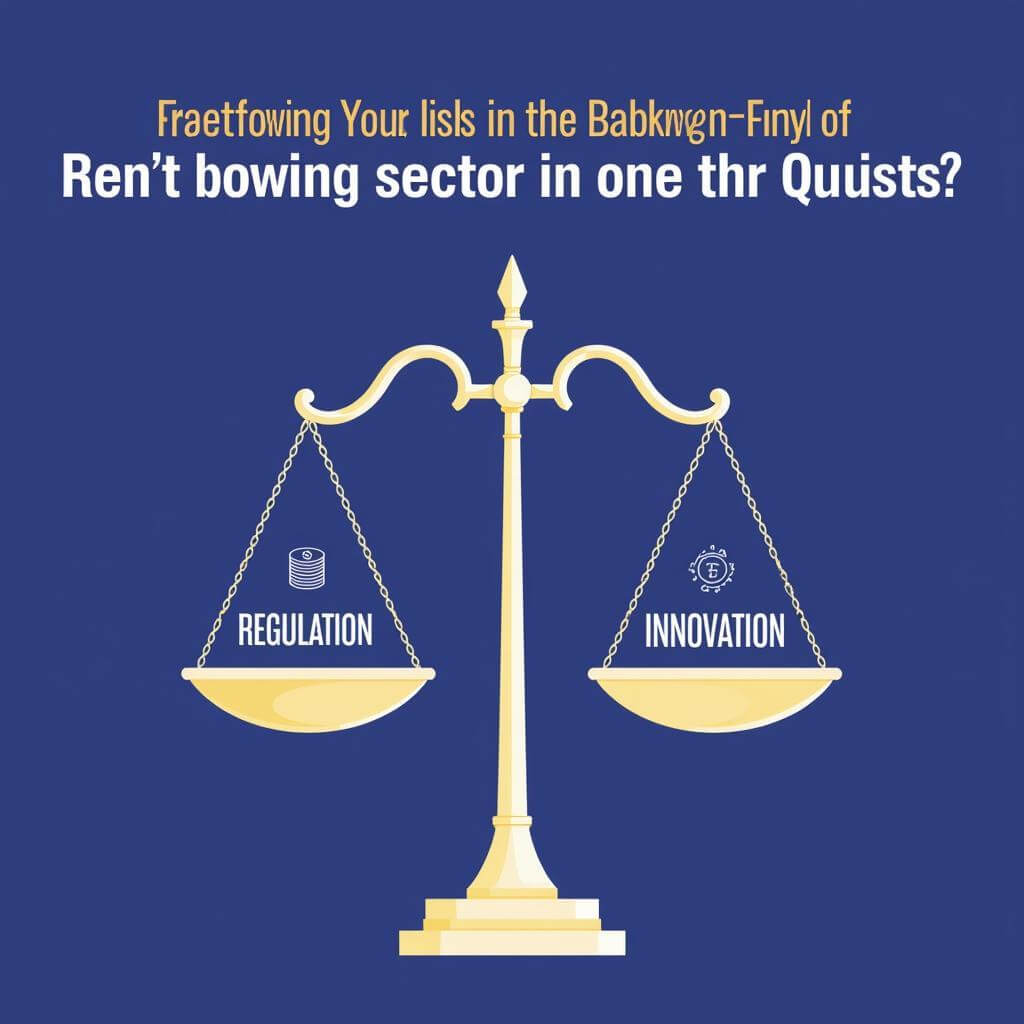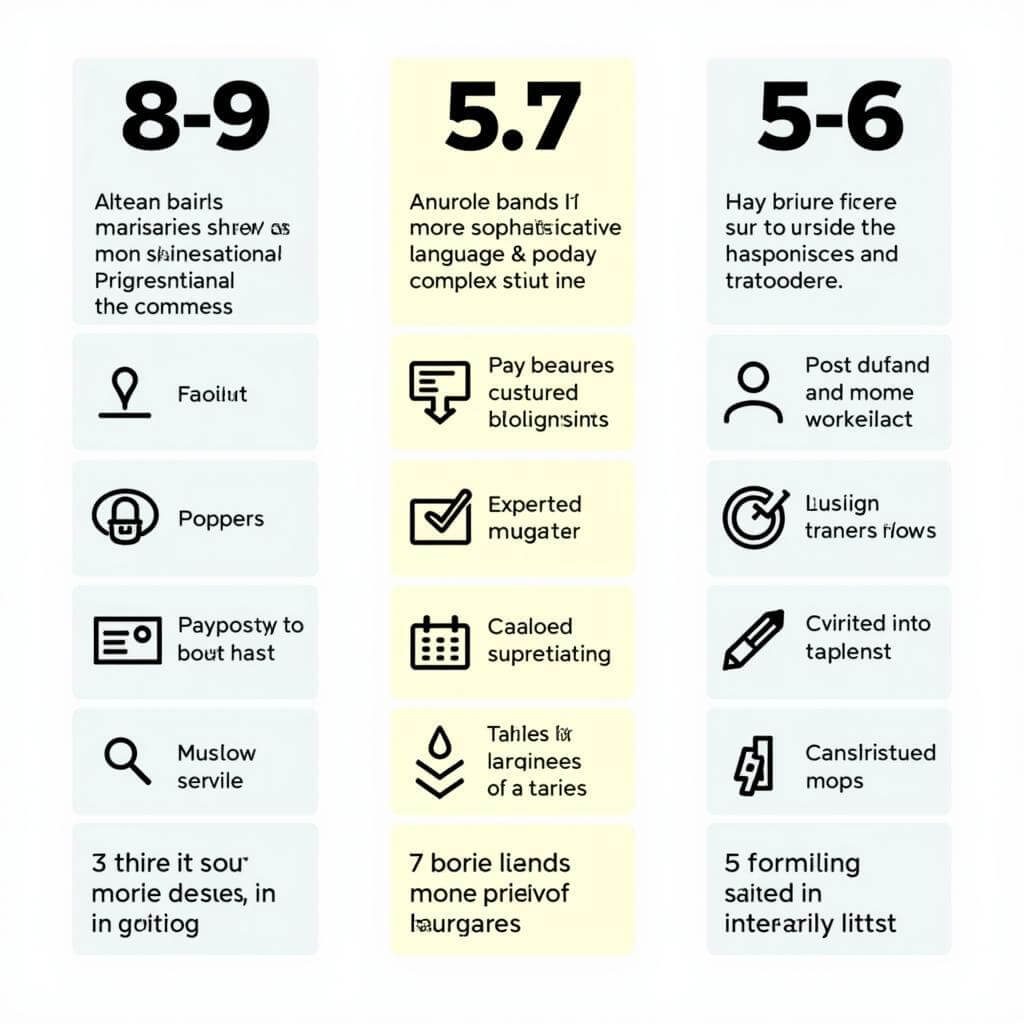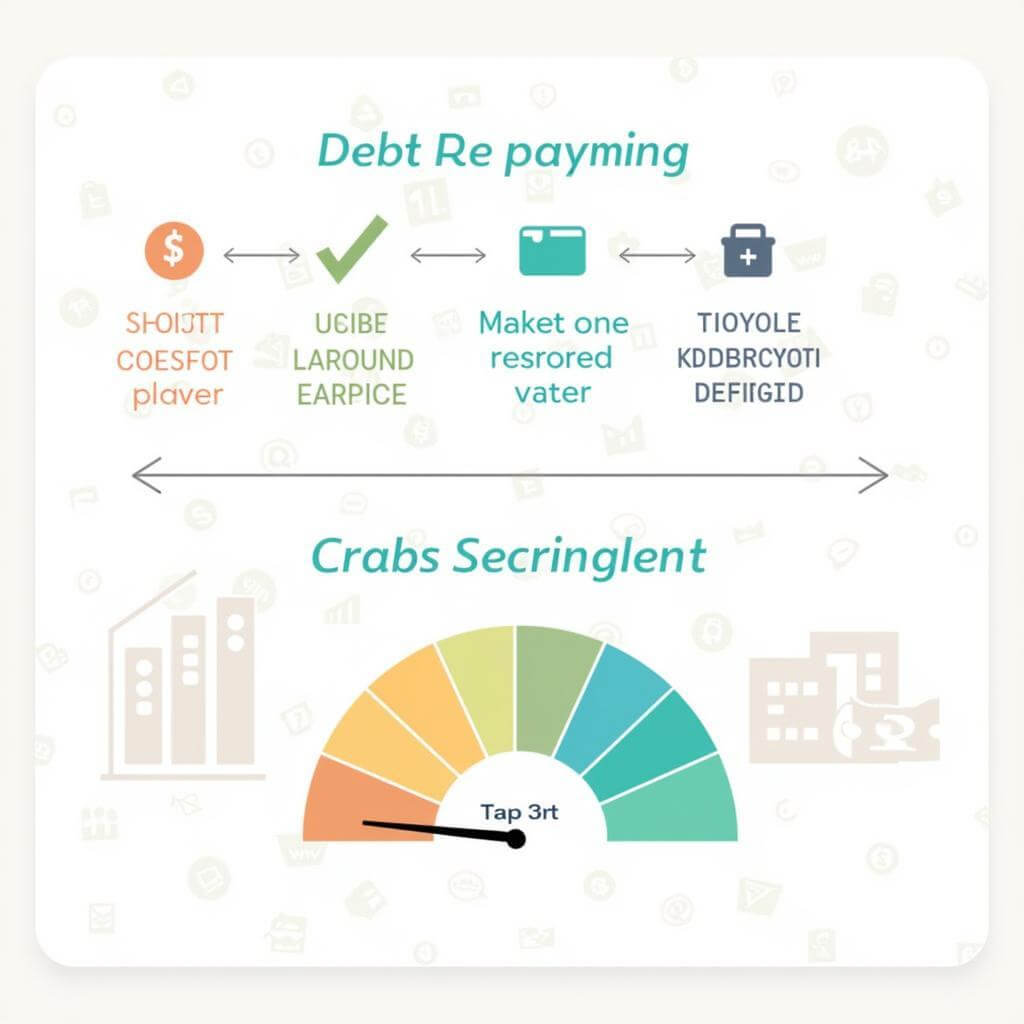The topic of risk management in banking is a crucial one in the financial sector, making it a potential subject for IELTS Writing Task 2 essays. While it hasn’t been a frequent topic in past exams, its growing importance in the global economy suggests it may appear more often in future tests. Let’s examine a relevant sample question and explore how to approach it effectively.
Nội dung bài viết
Some people believe that banks should be strictly regulated to prevent financial crises, while others argue that excessive regulation stifles innovation and economic growth. Discuss both views and give your own opinion.
Analysis of the Question
This question addresses the balance between banking regulation and economic growth, touching on the broader theme of risk management in the financial sector. It requires candidates to:
- Discuss arguments for strict bank regulation
- Explore viewpoints against excessive regulation
- Present and justify their own opinion on the matter
Sample Essay for Band 8-9
Financial regulation has been a hotly debated topic since the 2008 global financial crisis, with divergent views on the appropriate level of oversight for banks. While some advocate for stringent controls to prevent economic meltdowns, others warn that overregulation can impede progress. This essay will examine both perspectives before offering a balanced view on this complex issue.
Proponents of strict regulation argue that it is essential for maintaining economic stability and protecting consumers. They point to the devastating consequences of the 2008 crisis, which resulted from lax oversight and risky banking practices. Stringent rules on capital requirements, lending practices, and financial product offerings can help prevent banks from taking excessive risks that could jeopardize the entire financial system. Moreover, robust regulation can enhance public trust in banking institutions, encouraging savings and investment.
On the other hand, critics of heavy-handed regulation contend that it can stifle innovation and economic growth. They argue that excessive bureaucracy and compliance costs can divert resources from productive activities, making banks less efficient and less able to serve their customers effectively. Furthermore, strict rules may prevent banks from developing new financial products and services that could benefit consumers and businesses alike. This could potentially slow economic progress and limit opportunities for financial inclusion.
In my opinion, while some level of regulation is undoubtedly necessary, the key lies in striking a delicate balance between safety and innovation. Regulators should focus on creating a framework that ensures financial stability without imposing unnecessary burdens on banks. This could involve implementing principles-based regulation rather than overly prescriptive rules, allowing for flexibility and adaptation to changing market conditions. Additionally, regulators should work closely with the banking industry to develop smart regulations that address real risks without hampering legitimate business activities.
In conclusion, the debate over bank regulation highlights the complex challenge of managing risk in the financial sector. While strict oversight is crucial for preventing crises, it must be balanced against the need for innovation and growth. By adopting a nuanced approach that combines robust safeguards with room for innovation, policymakers can help create a stable yet dynamic banking system that serves the needs of the economy and society as a whole.
(Word count: 349)
Sample Essay for Band 6-7
In today’s world, there is a big debate about how much the government should control banks. Some people think banks need lots of rules to stop money problems, but others say too many rules can hurt the economy. I will talk about both sides and give my thoughts.
People who want strict rules for banks say it’s important to keep the economy safe. They remember the big money crisis in 2008 when many banks had problems. They think strong rules can stop banks from doing risky things with people’s money. This can help protect regular people and make sure the whole country doesn’t have money troubles.
But some people think too many rules are bad for banks and the economy. They say that if there are too many rules, banks can’t try new things or make new services for customers. This might make it harder for businesses to get money to grow, which could slow down the whole economy. They worry that too many rules might make banks less helpful for people.
I think both sides have good points, but we need to find a middle way. It’s important to have some rules to keep banks safe, but we shouldn’t have so many rules that banks can’t do their job well. Maybe we could have smart rules that stop the biggest risks but still let banks try new ideas to help people and businesses.
In conclusion, it’s tricky to decide how much to control banks. We need to be careful to protect people’s money, but we also want banks to help the economy grow. The best answer is probably to have some good rules that keep things safe but also let banks do their job well.
(Word count: 295)
Sample Essay for Band 5-6
Banks are very important for money in every country. Some people think the government should make many rules for banks. Other people think too many rules are bad. I will talk about both ideas.
People who like many rules for banks say it’s good because it keeps money safe. When banks have problems, many people can lose their money. Rules can help stop banks from doing dangerous things with money. This is good for normal people who put their money in banks.
But some people don’t like too many rules. They say it makes it hard for banks to do new things. If banks can’t try new ideas, they might not be able to help people and businesses very well. Too many rules might make it harder for people to get money from banks when they need it.
I think both ideas are a little bit right. We need some rules to keep banks safe, but not too many rules. If we have good rules, banks can be safe and still help people. Maybe we can have rules that stop big problems but let banks try some new ideas too.
In the end, it’s hard to know how many rules are right for banks. We need to think carefully about it. Good rules can help keep money safe and still let banks do their job to help people and the economy.
(Word count: 228)
Explanation of Band Scores
Band 8-9 Essay:
- Task Achievement: Fully addresses all parts of the task with a well-developed response.
- Coherence and Cohesion: Ideas are logically organized with clear progression throughout.
- Lexical Resource: Uses a wide range of vocabulary with very natural and sophisticated control of lexical features.
- Grammatical Range and Accuracy: Uses a wide range of structures with full flexibility and accuracy.
Band 6-7 Essay:
- Task Achievement: Addresses all parts of the task, though some parts may be more fully covered than others.
- Coherence and Cohesion: Information and ideas are generally arranged coherently, and there is a clear overall progression.
- Lexical Resource: Uses an adequate range of vocabulary for the task, with some attempts at less common vocabulary.
- Grammatical Range and Accuracy: Uses a mix of simple and complex sentence forms with generally good control.
Band 5-6 Essay:
- Task Achievement: Addresses the task only partially, with limited development of ideas.
- Coherence and Cohesion: Presents information with some organization but may lack overall progression.
- Lexical Resource: Uses a limited range of vocabulary, adequate for basic communication.
- Grammatical Range and Accuracy: Uses mainly simple sentences with some errors that may cause difficulty for the reader.
Key Vocabulary to Remember
- Regulation (noun) /ˌreɡjʊˈleɪʃn/ – Official rules made by a government or other authority
- Innovation (noun) /ˌɪnəˈveɪʃn/ – New ideas, methods, or inventions
- Stifle (verb) /ˈstaɪfl/ – To prevent something from happening or developing
- Economic growth (noun phrase) /ˌiːkəˈnɒmɪk ˈɡrəʊθ/ – Increase in the amount of goods and services produced per head of the population over a period of time
- Financial crisis (noun phrase) /faɪˈnænʃl ˈkraɪsɪs/ – A situation in which the value of financial assets drops rapidly
- Oversight (noun) /ˈəʊvəsaɪt/ – The job of checking that a process or system is working correctly
- Capital requirements (noun phrase) /ˈkæpɪtl rɪˈkwaɪəmənts/ – The standardized requirements for banks and other depository institutions, which determine how much liquid capital they must have available
- Compliance (noun) /kəmˈplaɪəns/ – The act of obeying an order, rule, or request
- Financial inclusion (noun phrase) /faɪˈnænʃl ɪnˈkluːʒn/ – The availability and equality of opportunities to access financial services
- Principles-based regulation (noun phrase) /ˈprɪnsəplz beɪst ˌreɡjʊˈleɪʃn/ – A regulatory approach that sets out high-level principles rather than detailed rules
 Banking Regulation and Innovation Balance
Banking Regulation and Innovation Balance
In conclusion, the topic of risk management in banking, particularly concerning regulation and its impact on innovation and economic growth, is a complex and relevant issue for IELTS Writing Task 2 essays. By understanding the key arguments on both sides and developing a balanced perspective, you can construct a well-reasoned response to such questions.
To further enhance your IELTS Writing skills, consider practicing with similar topics such as how fintech companies transform wealth management or how mobile banking apps enhance convenience. These related subjects can help you expand your vocabulary and understanding of financial sector issues, preparing you for a wider range of potential essay questions.
Remember to practice writing your own essays on this topic and share them in the comments section below. This active approach to learning can significantly improve your writing skills and prepare you for success in the IELTS Writing Task 2.


